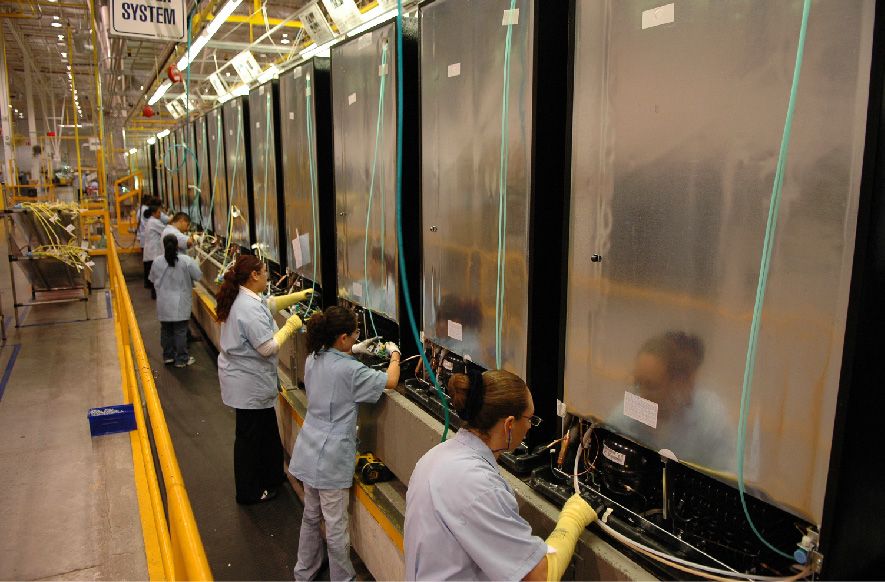Mexico makes less use of Free Trade Agreements (FTAs) because companies have IMMEX and Prosec promotion programs.
Despite the significant number of trade agreements Mexico has, the low level of preferential tariffs negotiated and the high degree of trade liberalization contemplated (in some agreements it reaches 99 and 100% of the tariff universe), the percentage of imports with preferential treatment remained around 36% in both 2020 and 2021.
The low use of tariff preferences could be attributed to the existence of other preferential regimes, such as the Manufacturing, Maquiladora and Export Services Industry Program (IMMEX) and the Sector Promotion Programs (PROSEC), as well as the fact that close to 50% of tariff lines have a zero percent tariff.
In 2021, Mexico maintained 28 trade agreements, under which originating imports receive preferential treatment.
The average preferential tariff of the FTAs negotiated by Mexico is in all cases lower than the average Most Favored Nation (MFN) tariff.
FTAs
Average preferential tariffs range from zero to 3.2%, as in the case of non-agricultural products.
At the same time, the preferences granted to agricultural products are lower than those granted to non-agricultural products, and in some cases the preferential tariff for these products is very close to the MFN tariff (for example, with Norway).
Preferential levels for agricultural products range from zero to 13 percent.
The tariff exemptions granted under all agreements, except with Panama and the Trans-Pacific Partnership Agreement (USMCA), reach more than 90% of the tariff universe, and in some agreements they reach 99 and 100 percent. This is the case of the agreements with Chile, Nicaragua and the United States.
Preferences granted under the partial agreements are below 50% of the tariff universe, with the exception of the agreement with the Plurinational State of Bolivia.
The margin of preferences granted under these agreements, compared to the average MFN tariff, is not substantial.
In the World Trade Organization (WTO), each nation sets ceilings on its tariffs and is obliged to grant MFN status to all, an expression that seems to suggest that this is some kind of special treatment for a given country, but in reality means charging their respective tariffs to all members equally.
![]()

